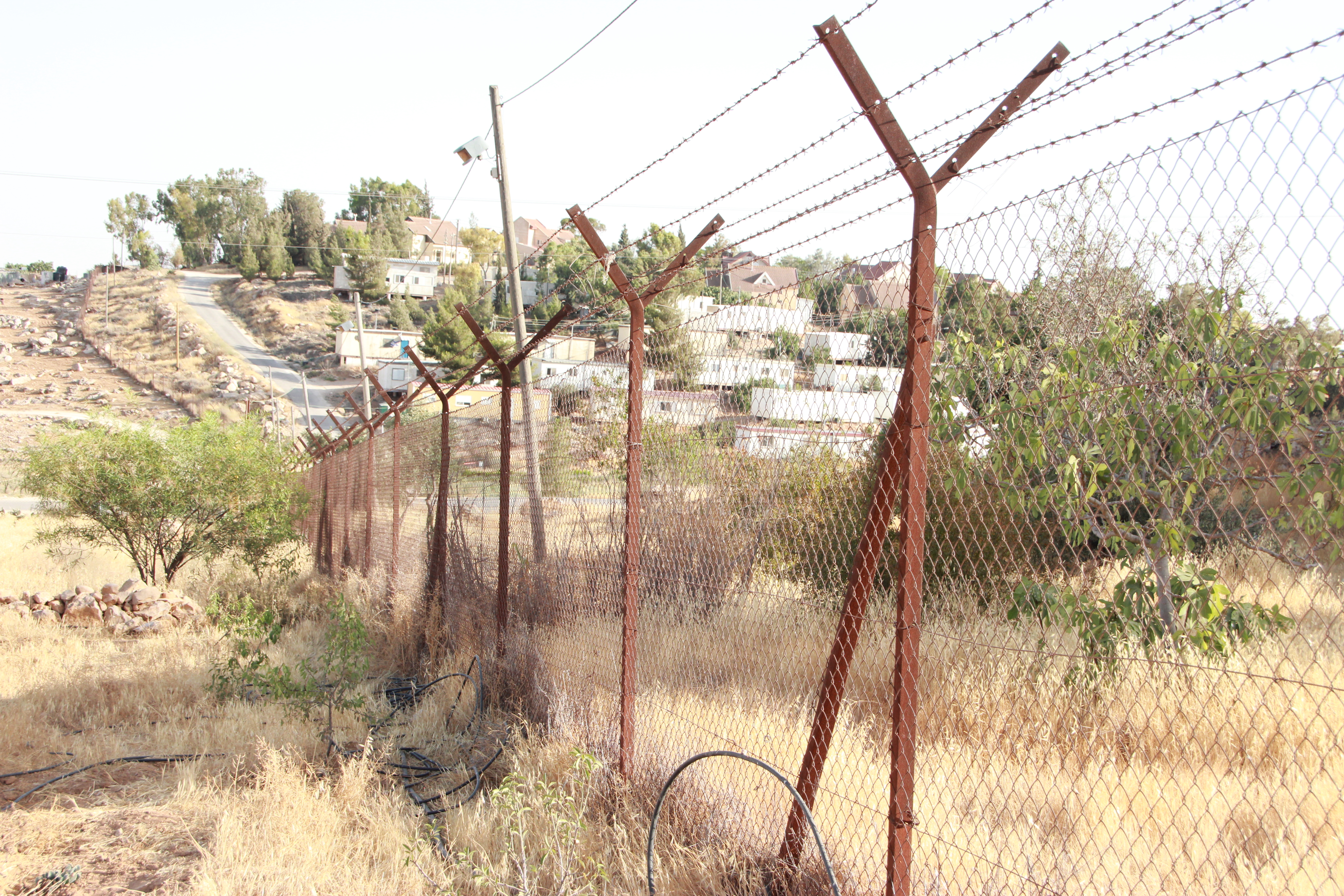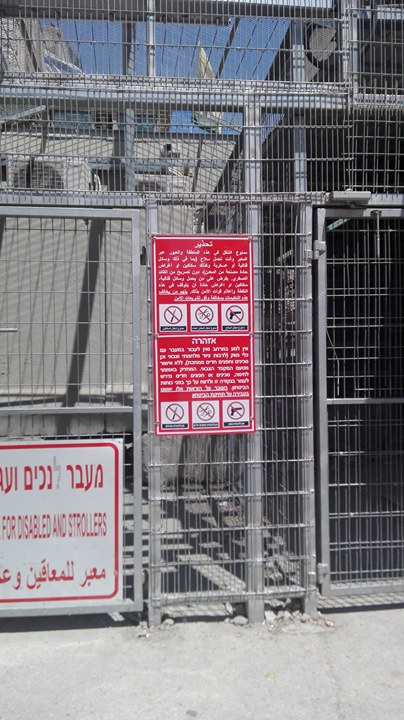Category: Hebron
-
A day in Umm al-Kheir, threatened by demolition by Israeli forces
29th June 2017 | International Solidarity Movement, al-Khalil team | Hebron, occupied Palestine Our day in Umm al Kheir started with a common flying checkpoint, set up by the Israeli forces in Zif. Our mini-bus driver dind’t want to pass this control so we got out of the car and walked through the control and…
-
Eid celebration for children in Tel Rumeida, occupied Hebron
29th June 2017 | International Solidarity Movement, al-Khalil team | Hebron, occupied Palestine On Tuesday the founders of the Tel Rumeida Garden next to the Gilbert checkpoint in occupied al-Khalil (Hebron) organised an Eid celebration for the children from the community. The event started at 9:30 am with a running game and about 60 children…
-
Life imprisoned in a ‘closed military zone’: “Daily Life”?
26th June 2017 | International Solidarity Movement, al-Khalil team | Hebron, occupied Palestine Israeli forces at Shuhada checkpoint in occupied al-Khalil (Hebron) have put up yet another sign ‘instructing’ the Palestinian residents on their behavior at the checkpoint. The bright-red sign clearly with pictures prohibits any kind of supposedly ‘dangerous’ materials like guns, knives and…



